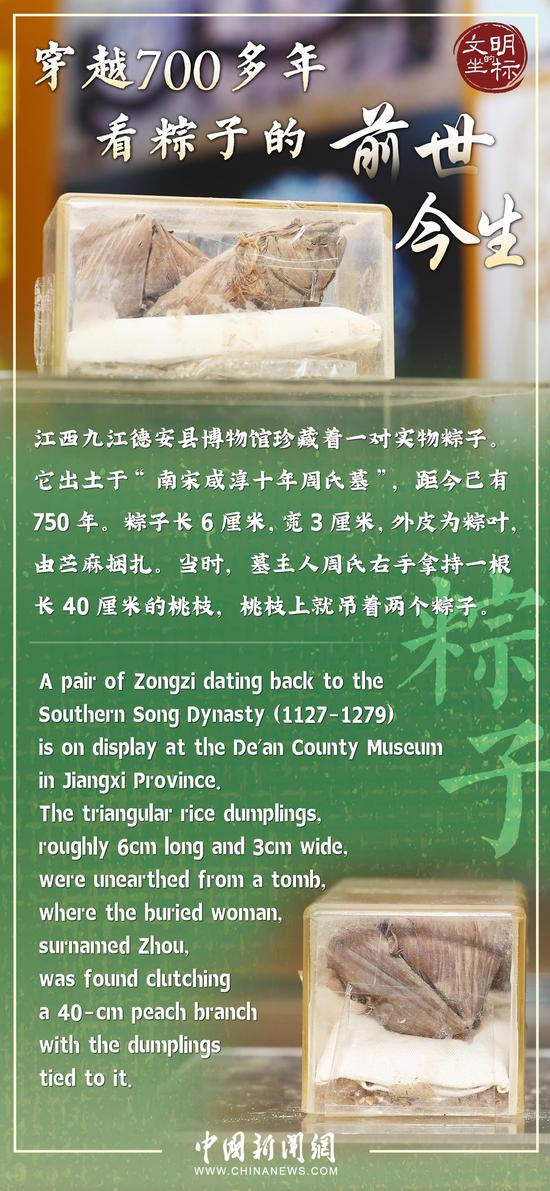The depreciation of the Japanese yen has created ups and downs in China, both promoting outbound tourism and the value of renminbi and Chinese assets while also presenting some problems for Chinese exporters, said industry experts.
Ever since the beginning of the year, the Japanese currency has depreciated by over 10 percent against the US dollar due to wider interest rate gaps between Japan and the United States, rising volatility in the international market and the loose monetary policy adopted in Japan for a very long time. The yen has also depreciated by over 7.5 percent against the renminbi, or yuan currency.
Chinese outbound trips to Japan have been boosted by the cheaper yen. Experts from Trip.com, China's largest online travel agency, said that Japan has been the top tourist destination for Chinese travelers so far this year, largely due to the depreciation of the yen.
Despite Dragon Boat Festival only lasting for three days, Chinese tourists' passion for outbound trips proved quite high this time around, with searches for overseas hotels on online travel agency Trip.com spiking 50 percent compared to the same period in pre-COVID 2019. Japan has been one of the most popular destinations.
Meanwhile, China assets in general may benefit. Zhou Wenqun, an equity portfolio manager at Fidelity International, said most Asian currencies, especially the yen, have been depreciating. Global investors may thus divert to the Hong Kong bourse to hedge against foreign exchange risks.
Zhou Junzhi, chief macroeconomic analyst at China Securities, said that the direction of foreign capital flow in the Japanese stock market has been undergoing significant changes so far this year. While foreign investors were pouring money into the Japanese stock market at the start of this year, they have been gradually pulling out, reporting the first net capital outflow in March.
But on the other hand, international investors have been increasing their exposure to Hong Kong shares ever since March. It can be inferred that foreign capital focusing on asset allocation in the Asia-Pacific region has turned to Hong Kong to avoid the impact of the depreciating yen and the possible downward adjustment of the Japanese stock market, she said.
On top of that, the A-share market's appeal to international investors will also increase, as pricing of yen-denominated assets will be impaired by the lower yen. The capital allocated to yen-denominated assets will look for new targets globally, said Zhou.
According to a recent report from the Shanghai Stock Exchange, the average price-to-earnings ratio of companies listed there was 14.02 times as of market close on May 20, which was lower than the reading of 16.53 times on the Tokyo Stock Exchange.
The lower valuation of SSE companies, combined with their improving fundamentals, point to much growth potential, said bourse experts.
The RMB's role in global payments has been consolidated against the backdrop of the weaker yen. According to the Society for Worldwide Interbank Financial Telecommunication, or SWIFT — a global financial messaging services provider — ever since the Chinese currency overtook the yen to become the world's fourth most active currency for global payments by value, the yuan has retained its position for six consecutive months as of April.
However, Zhou of China Securities pointed out that the yen's depreciation will exert some short-term impact on China's exports, especially in sectors where there is competition between Chinese and Japanese firms, such as electronics and automobiles. But product competitiveness is mainly determined by performance and the country's manufacturing capability. Foreign exchange can only disrupt export trends temporarily.


















































 京公网安备 11010202009201号
京公网安备 11010202009201号